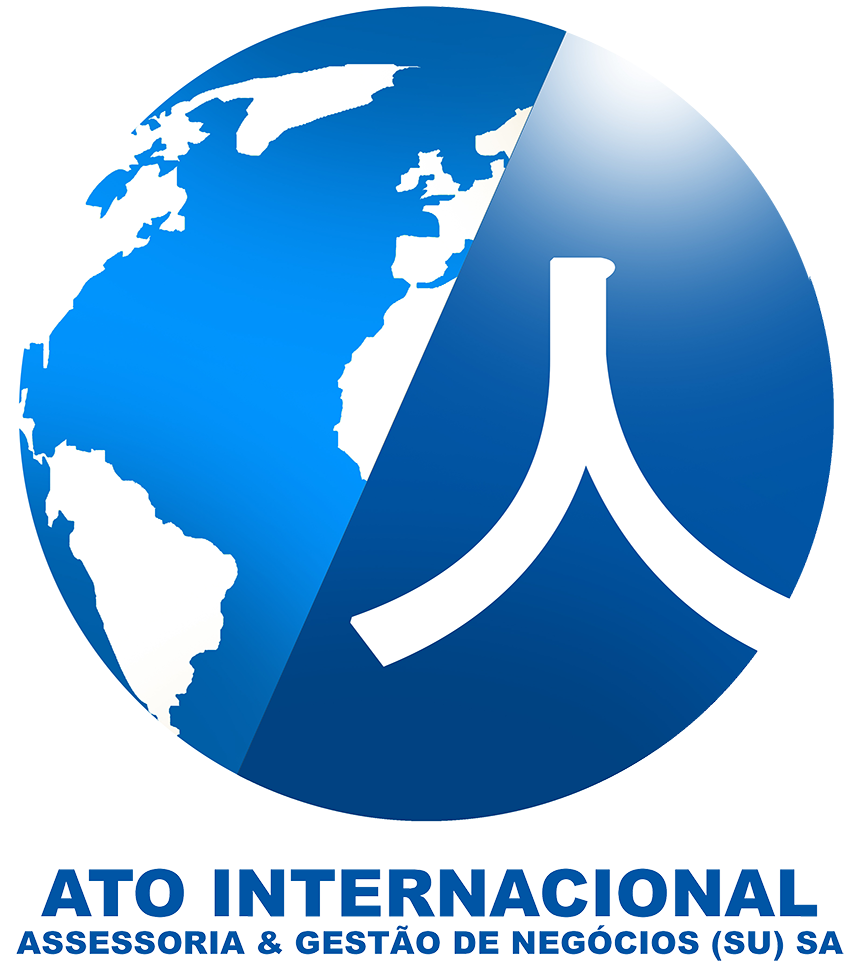What is Public Procurement? What do you need to know?
Public procurement (PP) refers to the process by which governments and public sector organizations acquire goods, services, and works from external suppliers.
PP is a key function of governments worldwide, impacting everything from infrastructure projects to healthcare services. It also refers to the same process by which multi-national or multi-states organizations, international non-governmental organizations acquire good and services to meet their needs. PP plays a critical role in ensuring that governments and governmental organizations operate efficiently and deliver necessary services.
Importance of Public Procurement
Public procurement accounts for a significant portion of a government spending, often ranging between 10% to 25% of a country’s GDP. This massive scale means that public procurement is not just a routine administrative function; it is an essential tool for promoting economic development, innovation, and sustainability. Furthermore, efficient public procurement can result in cost savings, improved service delivery, and better quality of infrastructure.
Key Principles of Public procurement:
To ensure fairness, transparency, and value for money, public procurement processes typically follow several guiding principles:
- Transparency: Public procurement processes must be open and clear. All steps—from tender publication to contract award—should be publicly accessible to ensure accountability.
- Competition: Governments often aim to foster competition by encouraging multiple suppliers to bid for contracts. This competition can drive innovation and lower costs.
- Value for Money: Public procurement should focus not only on the lowest price but also on the best overall value. This includes considerations of quality, sustainability, and long-term benefits.
- Integrity: The process must be free of corruption and undue influence. Ethical conduct is essential to maintain public trust and prevent waste.
- Non-Discrimination and Equality of Treatment: All potential suppliers should have an equal opportunity to compete, regardless of nationality, size, or political connections.
The Public Procurement Process:
Public procurement processes usually involve several key stages:
- Needs Assessment: Government departments determine what goods, services, or works they require, based on their strategic goals or operational needs.
- Market Research: Understanding the market conditions, availability of suppliers, and possible innovations is critical. Market research helps in developing a clear specification for the procurement.
- Tendering: A request for proposals (RFP), invitations to tender (ITT), or similar documents are published, outlining the government’s needs and inviting suppliers to bid.
- Evaluation: Proposals are evaluated based on predefined criteria, such as price, quality, experience, and the ability to meet deadlines. Some procurement processes also emphasize sustainability or social responsibility as part of the evaluation.
- Contract Award: After evaluating bids, the contract is awarded to the supplier offering the best value for money. This may not necessarily be the lowest bid but rather the one that meets all criteria most effectively.
- Contract Management: Once the contract is awarded, the government monitors performance to ensure the supplier meets the agreed terms. Contract management is crucial for maintaining quality and controlling costs.
- Auditing and Review: After the contract period, governments often audit the procurement process and outcomes to ensure compliance with regulations and evaluate the effectiveness of the procurement.
Challenges in Public Procurement:
Public procurement is not without its challenges. Some common issues include:
- Corruption: Due to the vast sums of money involved, public procurement is often vulnerable to corrupt practices. Measures like open bidding processes and independent oversight bodies are crucial in combating this issue.
- Complexity: The legal frameworks governing public procurement are often complex, particularly in cross-border or international procurement. This complexity can slow down processes and deter potential suppliers from participating.
- Political Interference: In some cases, political considerations can unduly influence the procurement process, leading to decisions that do not align with the principles of fairness or value for money.
- Sustainability: Increasingly, governments are looking to promote environmentally friendly practices and sustainability in public procurement. However, balancing cost, innovation, and green practices remains a challenge.
Public Procurement in the Digital Age
Advancements in technology have led to the development of “e-procurement systems”, which streamline the procurement process. E-procurement platforms allow for online tendering, automated evaluation, and better tracking of procurement activities. They enhance transparency, reduce administrative costs, and enable real-time monitoring.
Moreover, data analytics tools are increasingly being used to analyze procurement patterns, detect potential fraud, and improve decision-making. Artificial intelligence (AI) could also play a role in automating parts of the procurement process, such as bid evaluations and contract management.
PP is a vital function that drives economic growth, supports infrastructure development, and ensures the efficient use of public funds. By adhering to principles of transparency, competition, and integrity, public procurement can deliver high-quality services and infrastructure while minimizing costs and promoting innovation. However, overcoming challenges like corruption, complexity, and political interference is crucial for maintaining trust and effectiveness in the procurement process.
PP there are great business opportunities in public procurement for big and small businesses as long as suppliers are in compliance with pre-established criteria.




